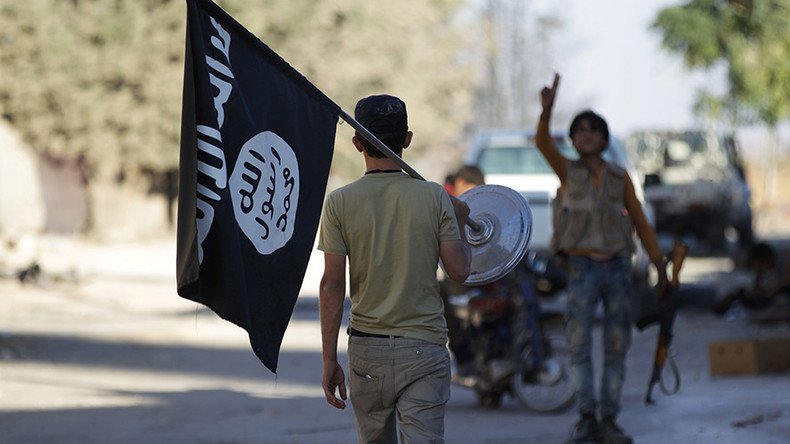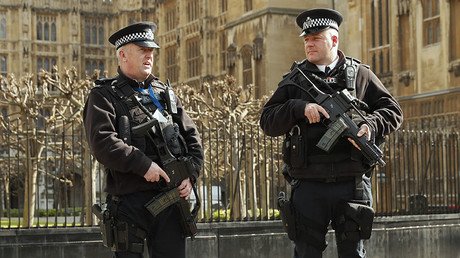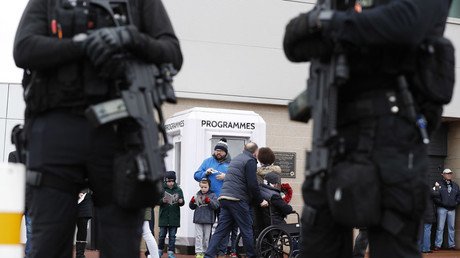Muslim scholars must do more to counter ISIS, says London’s outgoing police chief

Muslim scholars need to do more to combat the violent ideology of Islamic State (IS, formerly ISIS/ISIL), London Metropolitan Police chief Sir Bernard Hogan-Howe has said
Speaking to the Evening Standard, Hogan-Howe said IS continues to lure recruits by using Islam to justify its actions, and Muslim scholars need to challenge this false narrative.
“The hardest part for the Western world is to interrupt this philosophy that Daesh [IS] is perpetuating, which is that Islam in any way supports this horrific use of violence.
“There is no interpretation I would argue that could say that, but some people are getting away with that. Muslim scholars have got to come up and be really challenging of that, and be very clear that this can never be acceptable.
“There is no interpretation that can ever conclude it’s okay to kill people. We can’t be at all sensitive to religious beliefs. We have got to say that is wrong,” he said.
Hogan-Howe issued fresh warnings about the looming risk posed by “brutalized and militarized” extremists returning from Syria, stressing that they are “political criminals” carrying out “horrific violence” that finds no justification in the Muslim religion.
Of the at least 850 Britons that have traveled to Syria and Iraq to fight for IS, at least half are thought to have returned.
“We are now seeing Daesh’s [IS’s] sphere of influence being reduced in Syria and Iraq, and it looks as though it’s clear that they will lose and the other side will win,” Hogan-Howe said.
“Some of those people are going to come home, and that’s the threat that’s hanging there.
“The ones who return in reasonable numbers will put more pressure on us and will go to the top of the priority list in terms of looking at, because they will be brutalized, militarized, have friends and a level of organization that we don’t experience today.
“They are the ones that we most have to worry about and it’s hard to predict when,” he cautioned.
Hogan-Howe is “pretty confident” those returning will be identified either before or as they enter Britain.
He also said it was important to increase counter-terror measures “incrementally,” rather than just “lock everybody up,” in order to maintain the Muslim community’s support in fighting terrorism.
“The Muslim community feel particularly sensitive, because Islamism is about people who profess to be Muslims. I would argue that they are political criminals – it just happens to be masked in religion.
“But when you are dealing with that issue, you have to be sensitive to the majority, who are good people trying to do the right thing,” he stressed.
After a string of atrocities in Europe last year, Hogan-Howe said it is a matter of “when, not if” an attack inspired by Islamic State is carried out in Britain, warning that the terrorist threat in the UK remains severe.
Hogan-Howe, who has spent five years as Met police chief, will retire on February 28.
There are four candidates vying to replace him: Cressida Dick, the former head of counterterrorism; Stephen Kavanagh, the chief constable of Essex; Mark Rowley, the Met’s head of counterterrorism; and Sara Thornton, the head of the National Police Chiefs’ Council.














